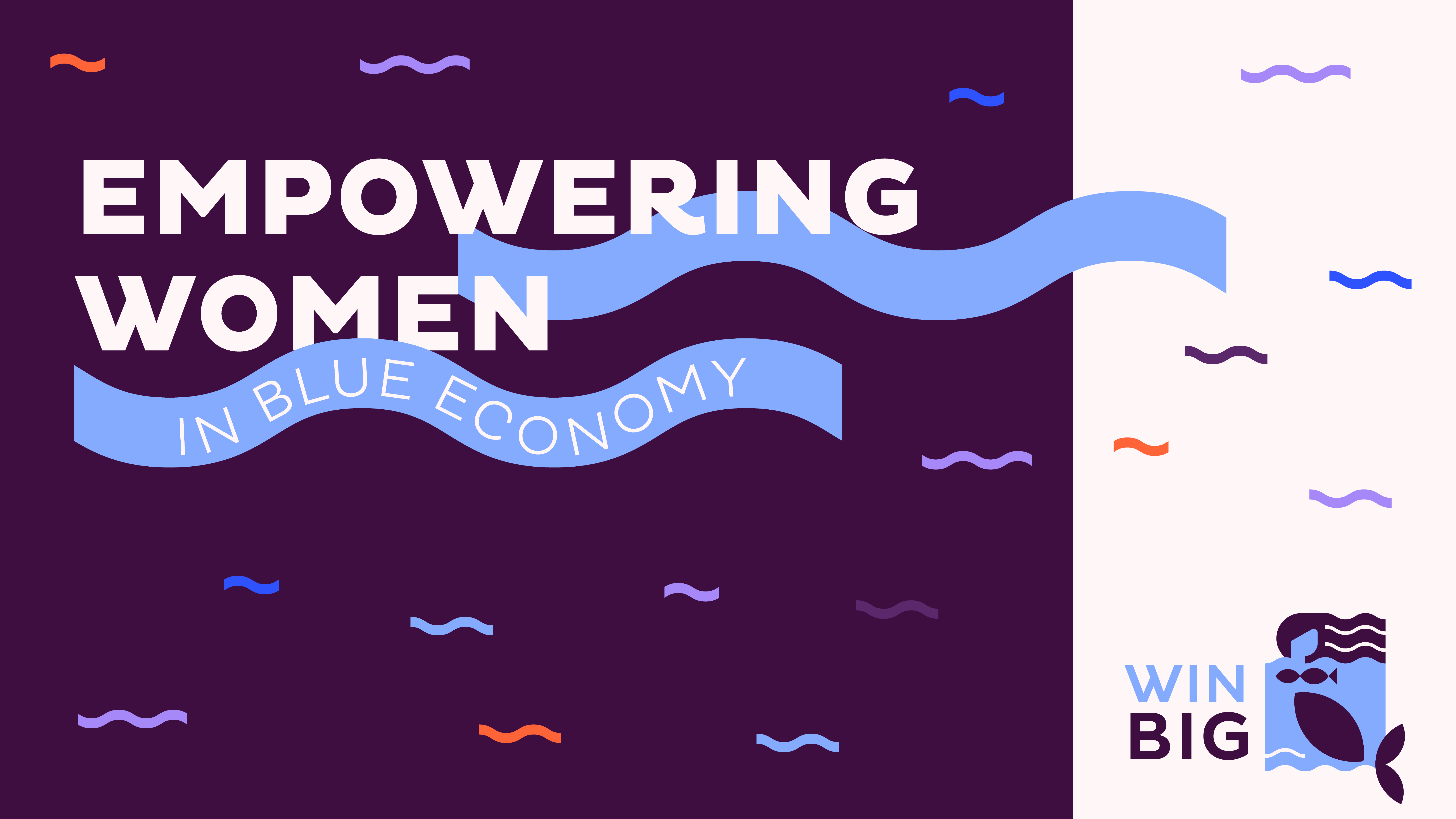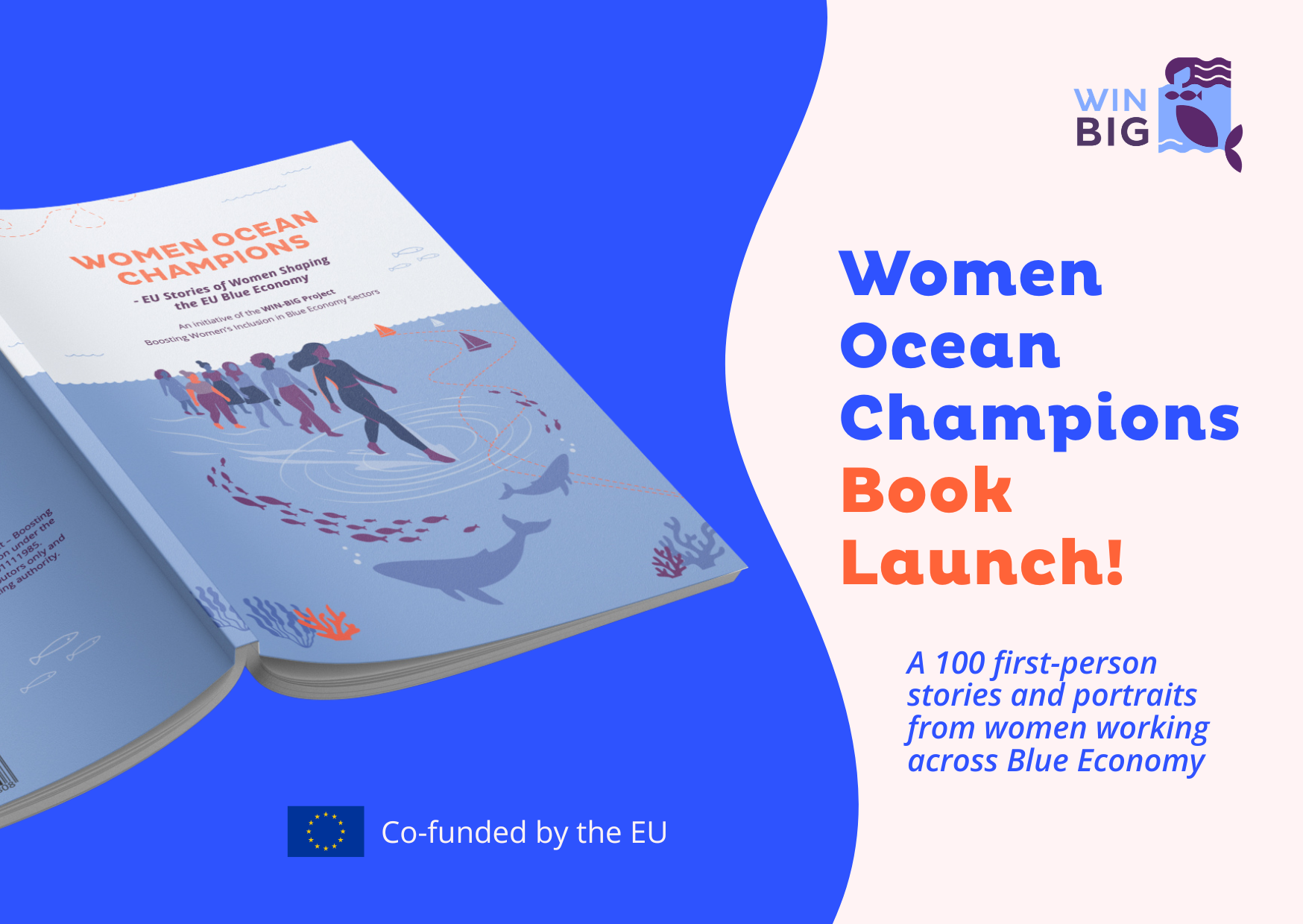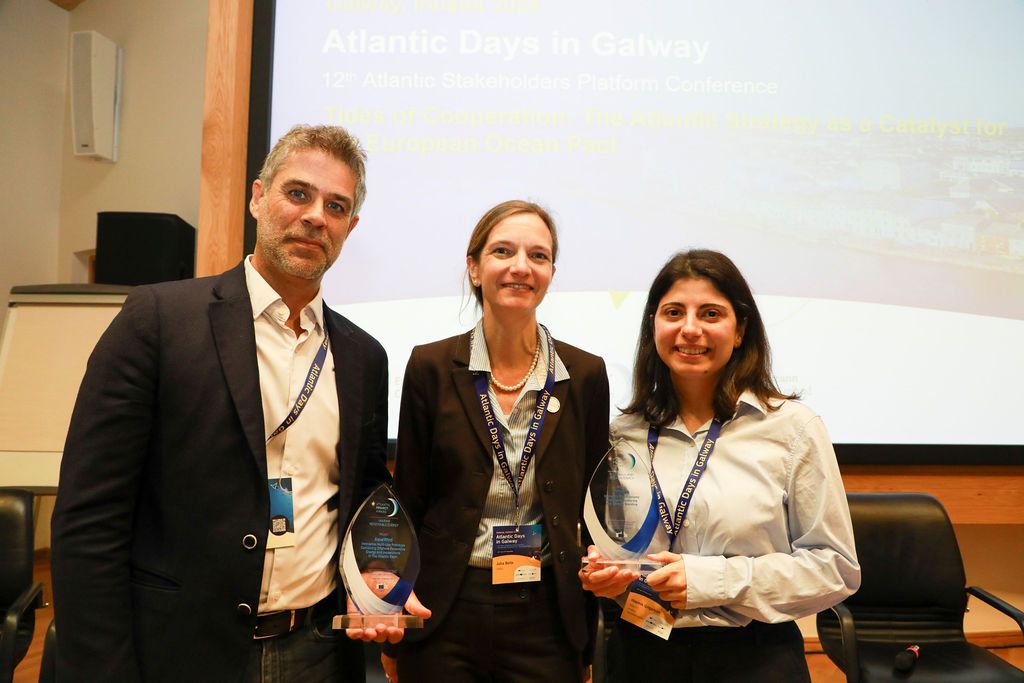Promoting gender equality in the Blue Economy through data gathering and capacity building
The Women in Blue Economy Intelligence Gathering and Capacity Boosting (WIN-BIG) project was officially launched on May 24 in Brest, France, during the European Maritime Days.

Financed by the European Climate, Infrastructure and Environment Executive Agency (CINEA) with almost 1.5 million euros, WIN-BIG is coordinated by the Department of Environment and Planning and the Center for Studies on the Environment and the Sea at the University of Aveiro and gathers 14 partners from 9 countries.
The overall objective of the WIN-BIG project is to address the lack of knowledge on the role of women in the Blue Economy sectors and uneven gender representation across the EU regions. Currently, women represent only 29% of the overall workforce in the European BuE industry but there are significant differences amongst different sectors. For instance, women seafarers make up just 2% of the crewing workforce and are predominantly found in the cruise sector, while they made up 34% of the workforce in ship-owning companies. The data are not available for many European regions and Blue Economy sectors, making it hard to identify existing capacity and knowledge gaps preventing women from entering or progressing in the blue career ladder.
WIN-BIG aims to provide accurate and widespread data on the gender status and women's role in the Blue Economy in the European Union across its six sea basins and with a focus on emerging and high-tech areas such as Blue Bioeconomy, robotics, engineering, oceanic renewable energies, offshore activities, blue sport, and sustainable tourism.
Additionally, the project will map stagnation points, barriers to progression and training needs that still exist for women in the Blue Economy, always with a concern for correlation with the maritime basin and the sector in question.
With the results obtained, three pilot actions will be developed to train women and promote careers, together with the respective regional clusters, in the Atlantic, Mediterranean and Baltic basins, in addition to a set of other tools and dissemination actions and policy recommendations applicable to sectors of the economy blue in other regions, including non-European ones, and which intend to leverage the importance of women in this economic sector among civil society and in particular among younger populations.



